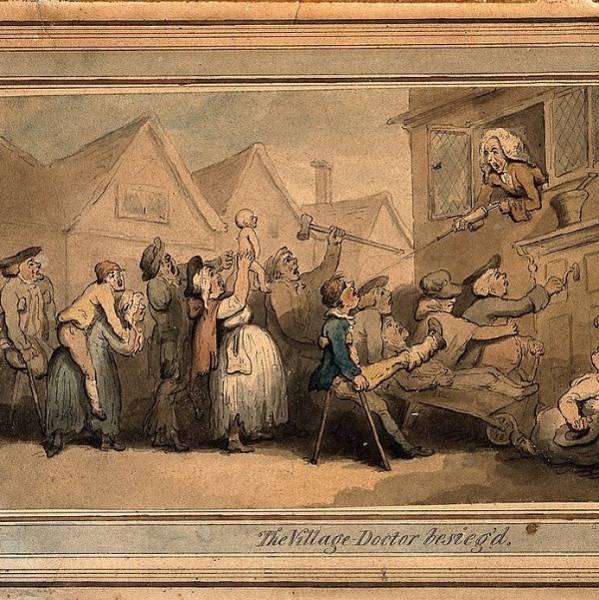We have a problem with belief. Not of the kind that Dawkins worries about. Our problem is that we are too credulous – about politicians’ speeches, ad campaigns, media stories and food packaging. We are constantly told that this is an age of consumer savvy and sophistication, of people power and internet democracy. Armed with our iPads and our freedom of information requests, how could the wool be pulled over our eyes?
Yet the very fact that we live in an age of Twitter and user-generated content means that reality is under unprecedented assault. Accuracy, evidence and expertise are so last century. “In this era of exploding media technologies,” the president of the world’s biggest PR firm, Richard Edelman, told Esquire magazine, “there is no truth except the truth you create for yourself.”
PR, spin and marketing have evolved into ultra-sophisticated techniques and wormed their way into every corner of our lives – from how we vote to what we eat. But the assault on reality is disguised by what Roland Barthes called the “reality effect”: hyper-real computer games, 3D and HD TV, embedded reporters and “authentic” local community Starbucks cafés that create the impression that the world has become more rather than less real.
And that allows oil companies to get away with designing their petrol stations in an environmentally friendly shade of green; a multi-millionaire Old Etonian Prime Minister to proclaim the Conservatives the new party of the poor; TV talent shows to celebrate exceptional success as social mobility plummets; and celebrity chefs to fish for wild sea bass on prime-time TV while sales of ready meals soar.
The problem with these delusions and deceptions is that inequality and injustice are camouflaged and whitewashed. Powerful elites pass as the underdog. The rich pass as the poor. And all this window-dressing plays on our desire to see progress in our world.
The most pernicious fake realism of our times is the rhetoric of economic austerity and expediency. There is no alternative, we are told. Technocrats and ratings agencies rule. With the melting away of conflicts between East and West in the Cold War and Right and Left in our politics, the big ideologies have been consigned to history. Nowadays ideology is a dirty word for politicians on all sides. We’ve moved beyond Francis Fukuyama’s “end of history” thesis. He at least believed that a single ideology – capitalist democracy – had triumphed. But now political idealism and democratic choice are presented as luxuries we can no longer afford.
I don’t think that ideologies have really disappeared: they just operate undercover. Politicians may be squeamish about setting out their stall, but they have agendas to advance nonetheless. Only by identifying these agendas can we see how reality is being spun. And only by articulating agendas of our own can we change our world for real. At a time when billionaires orchestrate fake grassroots movements, and supermarket giants talk endlessly of consumer empowerment, let’s have a bit less credulity and a few more genuine beliefs.
Eliane Glaser's book Get Real: How to Tell it Like it is in a World of Illusions is published by Fourth Estate

